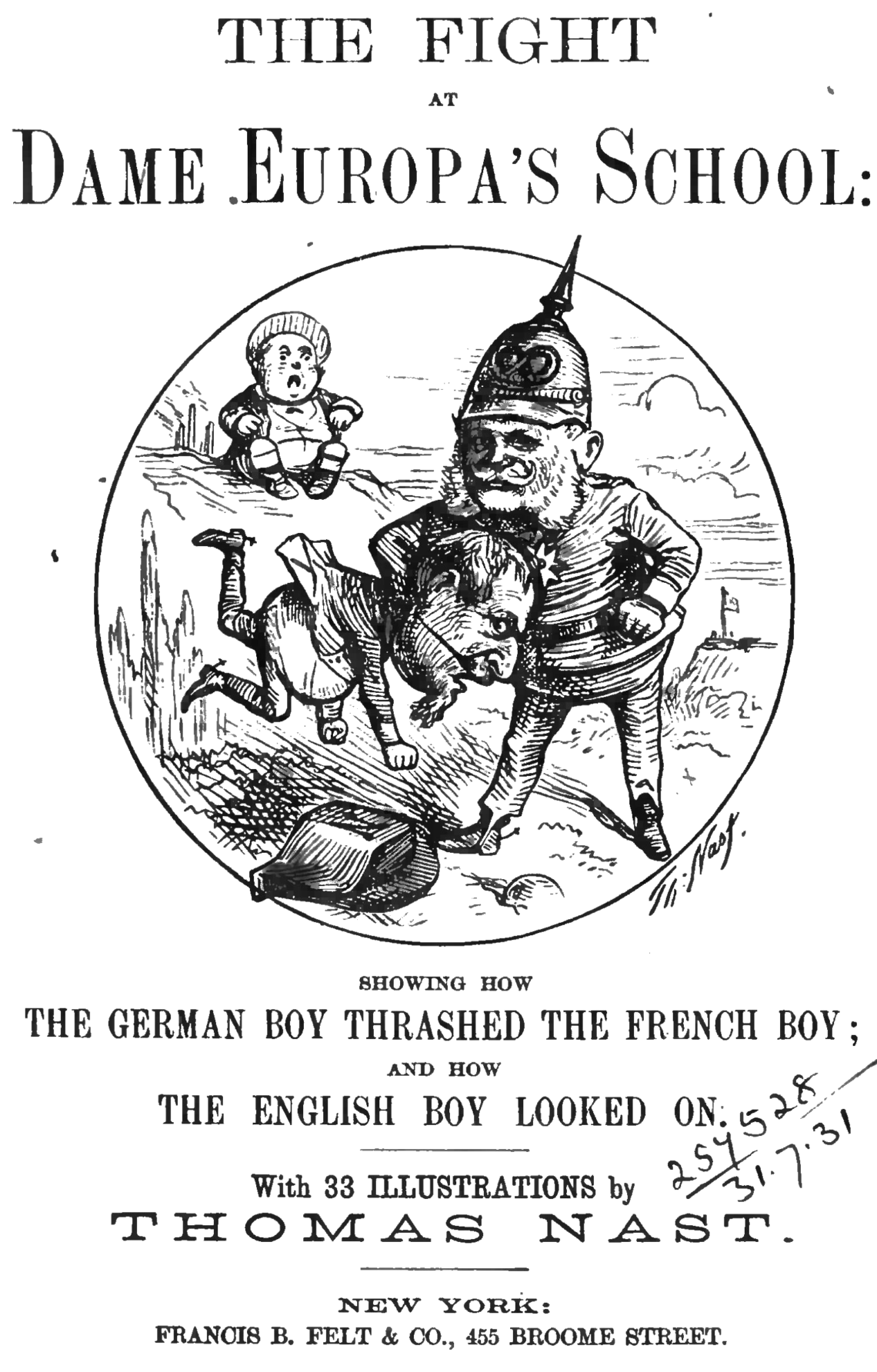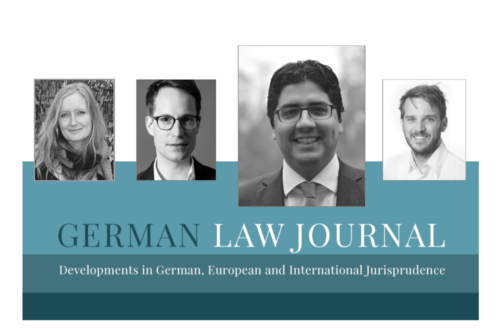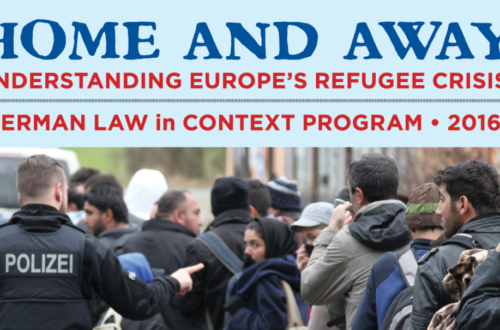
Special Collection on European Constitutional Pluralism and the PSPP Judgment
German Law Journal Special Collection on European Constitutional Pluralism and the PSPP Judgment
The German Law Journal has devoted ample space to the dramatic evolution of Europe’s constitutional constellation over the last decade. It provided a forum for the analysis of many landmark judgments structuring different stages of crisis and catharsis, including the Lisbon judgment by the Bundesverfassungsgericht (BVerfG), the Pringle judgment by the Court of Justice of the European Union (CJEU), the path-breaking preliminary reference in the OMT case by the BVerfG, the subsequent Gauweiler judgment of the CJEU, and the corresponding OMT judgment by the BVerfG. The OMT case gave rise to a 2015 comparative special issue on preliminary references. More recently, we gave coverage to the judgment of the BVerfG’s First Senate on the Right to be forgotten, whose cooperative stance seems lightyears away from the much-debated PSPP judgment of May 2020.
Our collection of articles on the PSPP judgment tackles the wide range of issues the judgment raises — and bring to you a colorful bouquet of perspectives and topics.
- The section is opened by Dieter Grimm’s explanation why the judgment of the BVerfG is in line with previous judgments of the Court and therefore neither surprising nor iniquitous.
- This perspective of an eminent former judge of the BVerfG is juxtaposed with the joint take by a Member of the European Parliament (and law professor) and an academic advisor on European Law in the administration of the German Parliament: The review by Sven Simon & Hannes Rathke gives you a thorough and encompassing analysis of the issues at hand.
- Frank Schorkopf adds a ‘deep’ perspective to the decision that may inform, in a fundamental way, our reading of the interaction between CJEU and national constitutional courts. He discusses the risks of the development of the CJEUs judicature towards value constitutionalism, rooted not only in the Treaties, but also drawing on ‘constitutional principles’ derived from EU law.
- Karsten Schneider immerses into the BVerfG’s use of the ultra-vires doctrine and diligently digs up, like diamonds from a potato field, the strong parts of an ill-defined concept. In order to help the Court to make the best of its ultra-vires doctrine, he also sheds light on the many pitfalls that need to be avoided.
- In the same vein, Mattias Wendel uncovers a set of paradoxes that become apparent in the PSPP judgment, relating to the BVerfG’s mode of legal reasoning as well as to the underlying doctrinal and theoretical premises.
- The Law & Economics perspective Niels Petersen’s contribution brings into the debate shines a light on the now endangered strategic equilibrium between the BVerfG and the CJEU.
- As the judgment of the BVerfG raises the issue of the supremacy of EU Law, we are thrilled to share with you articles discussing constitutional pluralism. Vlad Perju, Matej Avbelj and Justin Lindeboom bring contrasting opinions to this special section — and make for a lively debate! One option to consider in this context is the possibility of an infringement procedure, a matter Sara Poli & Roberto Cisotta attend to.
- The consequences the PSPP judgment may cause for the political economy of the Union are the subject of another set of articles. Teresa Violante explains why the PSPP judgment was indeed a story of a clash foretold — constitutional courts were meant to bite not bark. The BVerfG repoliticized an issue decided through technocratic processes that might have been lacking democratic legitimacy. Matthias Goldmann argues that the BVerfG’s ruling, taken together with the proposed European response to COVID-19, marks the beginning of integrative liberalism in the economic constitution of the Union and ushers in a new role for the law revolving around the proportionality principle. He holds that the shift to integrative liberalism requires reconsidering the value and meaning of ECB independence. Isabel Feichtner takes a closer look at the concept of democracy underlying the PSPP judgment. She argues that the judgment upholds an idea of the rule of law that impedes democratization. The judgment therefore gives rise to step up the democratic legitimacy of monetary policy.
- Turning this question differently, the BVerfG’s rulings were often dreaded to be detrimental to democracies in distress — with the populists in Poland and Hungary being named as two possible ‘profiteers’ of the BVerfG’s judgment. Stanisław Biernat explains why the PSPP judgment nevertheless cannot be used as an argument in the (political) conflict between Poland and the EU institutions.
- Franz C. Meyer concludes this special section with an entertaining outlook that provides a multitude of grim perspectives and nagging questions resulting from the FCC’s decision. The author invokes Star Trek for “comic relief” — to adjure a European spirit of cooperation and collaboration in order to master the challenges of the 21st century, lest we safely arrive in the 23rd, in due course.
As always: Happy reading!







